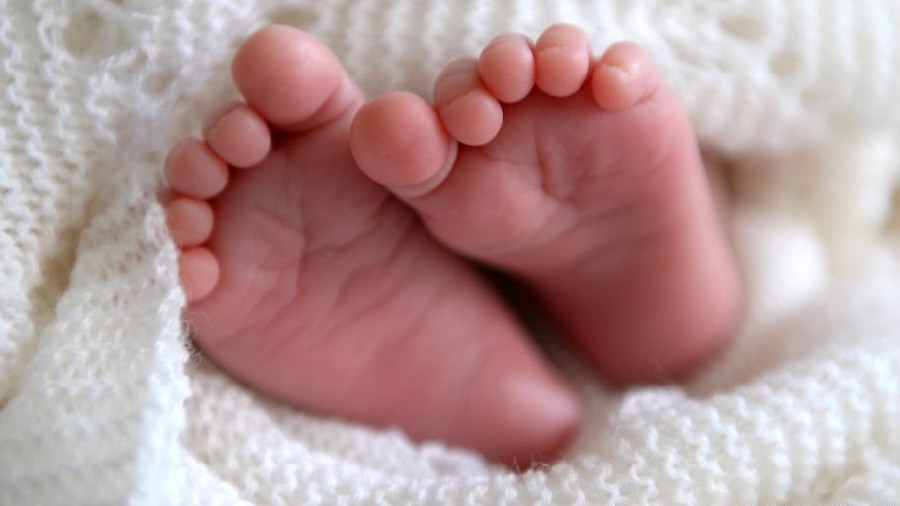A Dutch court ruled Friday that a man who fathered more than 550 children is no longer allowed to donate sperm.
An advocacy group and a mother who had a child with the man's sperm had applied for an injunction against him, citing clinical guidelines, which say a donor should not father more than 25 children in 12 families to prevent incest.
The Hague court warned that a penalty of €10,000 ($11,000) per case could be imposed if the man fails to comply.
What do we know about the sperm donor?
The 41-year-old Dutch national was identified in local media as Jonathan M., due to privacy rules. He has reportedly also used other names.
Since 2007, he has donated his sperm to fertility clinics, sperm banks and also to countless couples via internet forums, the court heard.
More than 100 of his children were born in clinics in the Netherlands and others privately.
But he also donated semen to a Danish clinic named Cryos, which then dispatched his sperm to private addresses in various countries, the judge added.
He was able to circumvent the rules because there is no central register for sperm donors.
It is also not known how many children the man had fathered abroad.
According to his defense lawyer, the man just wanted to help couples who were otherwise unable to conceive.
What did the court rule?
The court found that Jonathan M. had deliberately misinformed parents about the number of donations and the number of children conceived.
Judge Thera Hesselink said the ruling "prohibits the defendant from donating his semen to new prospective parents after the issuing of this judgment."
Hesselink wrote that the defendant should refrain from contacting prospective parents, joining any organizations that facilitate donations or advertising his services as a sperm donor.
"All these parents are now confronted with the fact that the children in their family are part of a huge kinship network, with hundreds of half-siblings, which they did not choose," she added.
The court considered it "sufficiently plausible" that this has or could have negative consequences for the children, including issues around identity and possible incest.
While the case was about conflicting fundamental rights, the court said that "the interests of the donor children and their parents outweigh the interest of the donor in continuing to donate sperm to new prospective parents."
The defendant was also ordered to disclose the names of fertility clinics and sperm banks worldwide to which he had provided sperm and stocks must be destroyed.
Mothers and lawyers welcome ruling
The mother of one of the children in the court case, identified only as "Eva," said she was grateful for the ruling, adding that his "mass donations have spread like wildfire to other countries."
"I'm asking the donor to respect our interests and to accept the verdict because our children deserve to be left alone," she said in a statement.
Mark de Hek, one of the lawyers in the case, said the ruling was the first in the Netherlands, adding that it was "a clear signal and, as far as I am concerned, a final warning to other mass donors."
The case is the latest in a series of fertility scandals to hit the Netherlands.
In 2020 a deceased gynecologist was accused of fathering at least 17 children with women thinking they were receiving sperm from anonymous donors.
The year before, it emerged that a Rotterdam doctor fathered at least 49 children while inseminating women seeking treatment.










